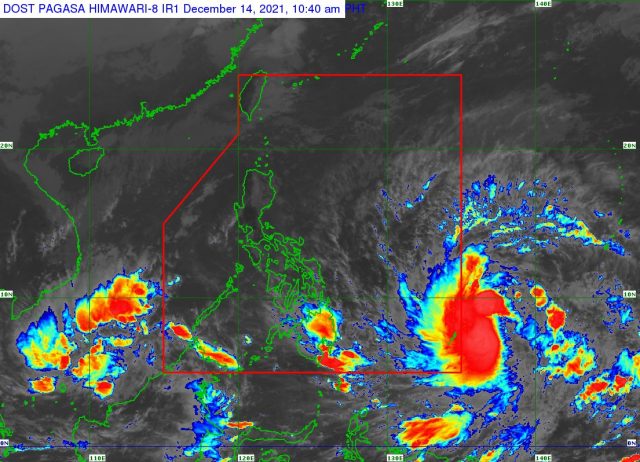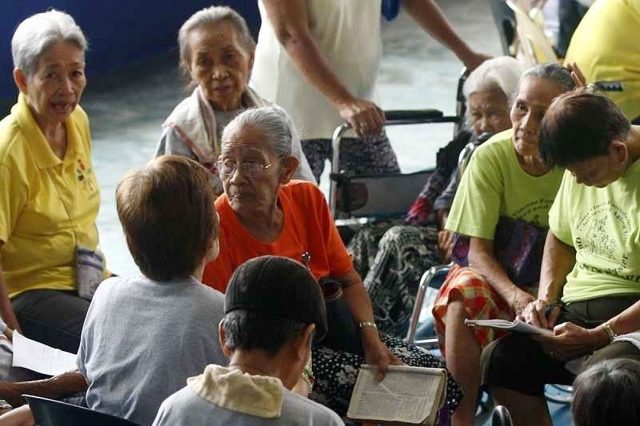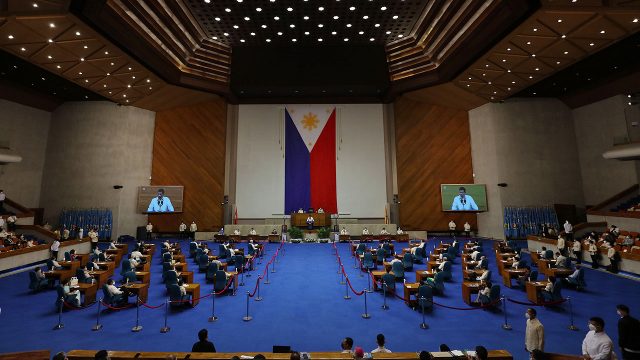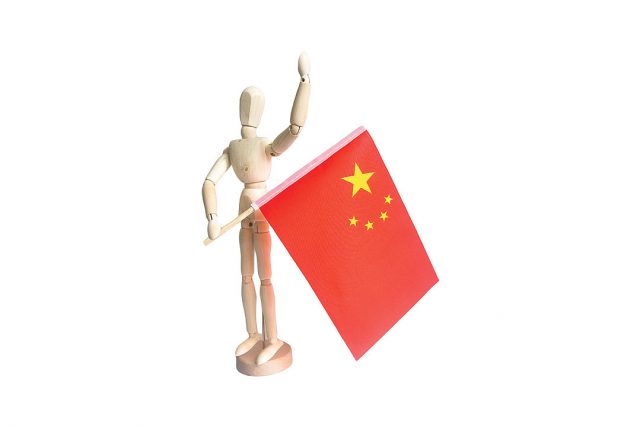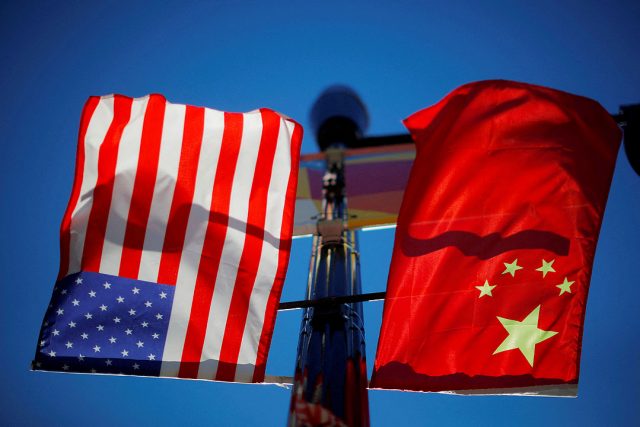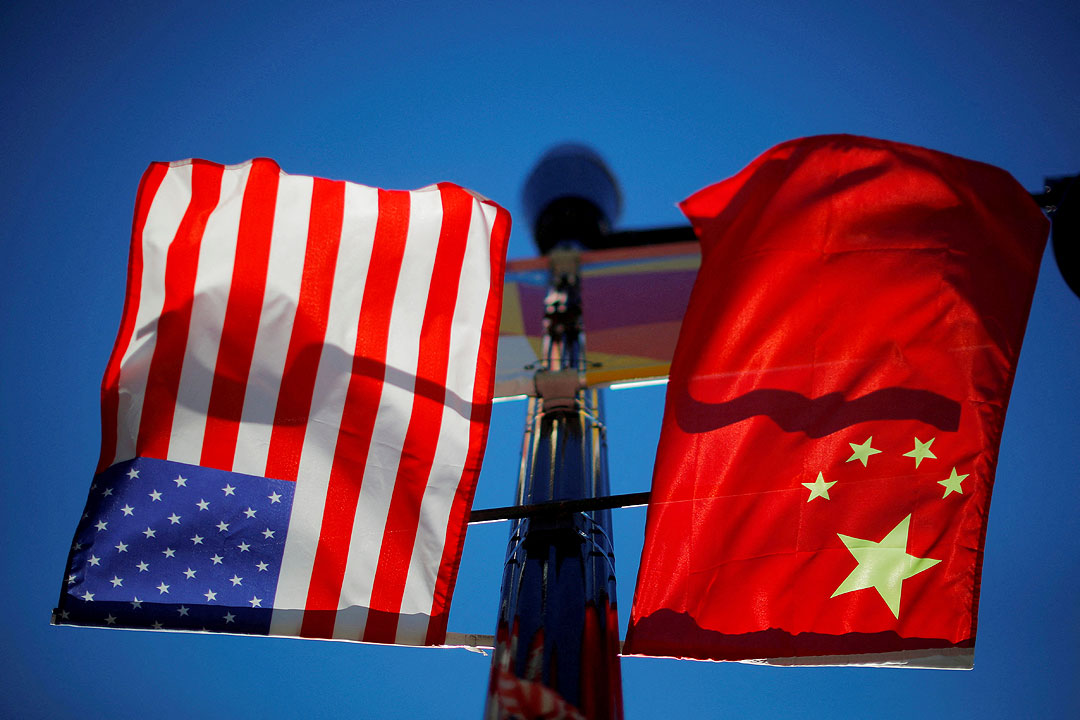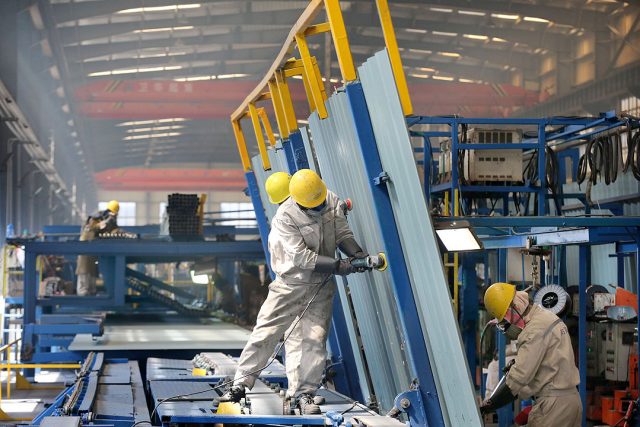(Part 5)
In a sequel to his article on “The Great Resignation,” Hays CEO Alistair Cox wrote that it is no surprise that the pandemic has made so many people question what is important to them. They have started to more deeply examine their values and what they want out of life. The pandemic has altered all our lives and thinking deeply about what we want from life is a natural reaction to this. For those who see in human work a means of being God’s co-creator, this soul searching can be a healthy discipline.
One person who thought very deeply about the ultimate purpose of human work was St. John Paul II who summarized his reflections on this very important topic in his encyclical Laborem Exercens (On Human Work). It would be useful here to summarize the content of this epoch-making encyclical. He started with the basic premise taken out of the Old Testament: “Man is the image of God partly through the mandate received from the Creator to subdue, to dominate, the earth. In carrying out this mandate, man, every human being, reflects the very action of the Creator of the universe.”
St. John Paul II then makes a distinction between work in the objective sense (technology) and work in the subjective sense, i.e., man as the subject of work. In the objective sense, technology is the ally of work that human thought and creativity have produced. Technology undoubtedly facilitates work, perfects, accelerates, and augments it. It leads to an increase in the quantity of things produced by work, and in many cases improves their quality. It is also a fact, however, that in some instances, technology can cease to be man’s ally and become almost its enemy. This happens when the mechanization of work supplants him, taking away his personal satisfaction and the incentive to creativity and responsibility, when it deprives many workers of their jobs, or when, through exalting the machine, it reduces man to the status of a slave.
More important, however, to the human being who is asking himself why he is working is work in the subjective sense. Man has to subdue the earth and dominate it because as the “image of God,” he is a person, a subjective being capable of acting in a planned and rational way, capable of deciding about himself, and with a tendency to self-realization. As a person, man is therefore the subject of work. Understood as a process whereby man and the human race subdue the earth, work corresponds to the basic biblical concept when throughout the process of working, man manifests himself and confirms himself as the one who “dominates” and not the one dominated.
To those who believe in the divinity of Jesus Christ, it is very meaningful that Christ, while being God, became like us in all things, devoting most of the years of his life on Earth (all of 30 years) to manual work at the carpenter’s bench. This historical fact constitutes in itself the most eloquent “Gospel of Work,” showing that the basis for determining the value of human work is not primarily the kind of work being done but the fact that the one who is doing it is a person. The sources of the dignity of work are to be sought primarily in the subjective dimension, not in the objective one. In the final analysis, it is always man who is the purpose of the work, whatever work it is that is done by man — even if the common scale of values rates it as the merest “service,” as the most monotonous, even the most alienating work.
The Great Resignation movement can lead to a “Great Awakening” by many workers that their respective employers, under the banner of a market economy associated with capitalism, have reversed the order laid down from the beginning by the words of the Book of Genesis: man is treated as an instrument of production, whereas he — he alone independently of the type of work he does — ought to be treated as the effective subject of work and its true maker and creator. Many workers may still be victims of the error of early capitalism which treated man on the same level as the whole complex of the material means of production, as an instrument and not in accordance with the true dignity of his work — that is to say, where he is not treated as subject and maker, and for this very reason as the true purpose of the whole of production. This realization on the part of workers will understandably lead to a mass resignation of workers who may find in the gig economy of free lancers a more humane environment in which the human person is indeed the ultimate subject of work and not just another factor of production, no matter how well remunerated.
An example of a possible reform that present employers may consider to retain their valued employees is proposed by Cox in his article, “The Great Resignation: Opportunity or Threat?” The workers will not feel that he is being treated just as another cog in the wheel, a mere factor of production, if the employer focuses his stance from employee experience to “employee life experience.” The employee will surely feel that he is at center stage if he is being supported by his employer inside and outside of work. Employers have to recognize the indubitable truth that their employees are human beings with families and communities to support, challenges to deal with and that, for them, their work helps them fulfil their obligations in all areas of their lives. Mr. Cox gives examples like opening learning and development opportunities to family members, providing more tailored benefits to parents and care givers, as well as marriage counselling, additional days of wellbeing support, offering midlife check-ups for employee health, wealth, and career, and long-term financial planning support. In all these examples, the employer is seeing the employee not just as a 9-to-5 worker, but as someone he cares for in all aspects of life, presumably with the view that someone who gets more from their employer than just a pay slip will put more back in, and stick around longer too.
Another way of showing to the employee that his employer looks at him as a complete human being with different aspirations in life is to help the employees fulfill themselves as potential entrepreneurs. According to the National Bureau of Economic Statistics, the pace of new business applications since mid-2020s has been the highest on record. Ernst and Young found that 65% of Generation Z (the centennials) see themselves owning their businesses in the next 10 years. These findings, together with the fact the pandemic saw a rise in all types of home-based sidelines (called side hustles in the US) help make the case that employers should be aware of the rise of freelancers. Even while still working for their present employers, these employees can already start as “ïntrapreneurs.” Some of them can become independent contractors rather than permanent employees. It might be beneficial to their employers that their vision and ambition are actually brought into their businesses first, even if only on a part-time basis. If these “intrapreneurs” learn new skills by doing their own thing on the side and become more talented individuals as a result, it might be a good idea that their present employers get a piece of their newly acquired skills, even if just for a while. These indeed are very creative ways of taking advantage of a possible “Great Resignation” that could take place when the pandemic is put under reasonable control.
Also very useful, according to Mr. Cox, are one-on-one conversations with employees about their well-being and about how their jobs can be re-crafted to support their pursuit of happiness and purpose, and, why not, their efforts to sanctify themselves in their work. During these sessions, managers and employees must have an authentic dialogue so that they can build common ground that will allow employees to flourish, thereby helping the firm rebound strongly in the post-pandemic economy. It would also be advisable to conduct regular “stay interviews” with the employees to help understand why your people stay with you, and why they might consider leaving.
Finally, it is also important to gather, listen to, and implement exit interview feedback which may open the employer’s eyes to needed reforms of practices that prompted the employees to leave.
(To be continued.)
Bernardo M. Villegas has a Ph.D. in Economics from Harvard, is professor emeritus at the University of Asia and the Pacific, and a visiting professor at the IESE Business School in Barcelona, Spain. He was a member of the 1986 Constitutional Commission.
bernardo.villegas@uap.asia

